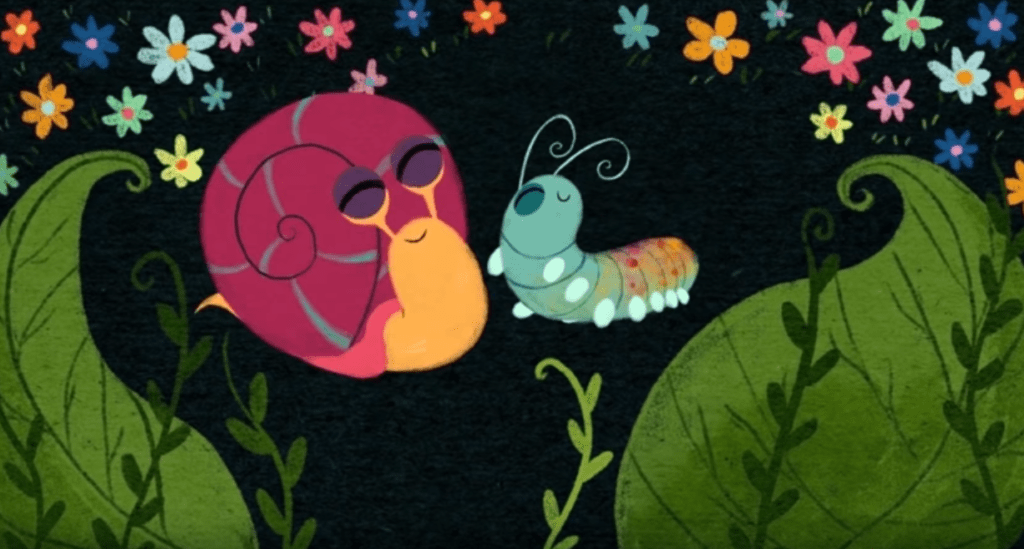
As many of you know, I have been in this business for over 30 years now and I am still learning. While conducting a recent training with my friend and colleague Tyronne Stoudemire, the group was using the term the “black marble” in the box to describe situations where there was an anomaly or something that did not fit. I had not heard this term before in business parlance and while I was not necessarily offended, I did wonder why the marble had to be black. Tyronne was obviously thinking the same thing and several others in the group, having been through at least a day of cultural competence training, were sensitive to the phrase as well. So we stopped and had a very healthy discussion about how historically the very word black often denotes something negative, such as the “black sheep of the family”, “black cloud”, “black listed”, “black hole”, “Black Monday”, “blackballed”, etc.
We then turned to another popular business phrase, “low hanging fruit” and Tyronne mentioned the symbolic connection to the lynching of blacks that occurred frequently for decades. While the term that was popularized to highlight the horrors of this practice was “strange fruit”, based on a song written by teacher and social activist Abel Meeropol, and first sung by Billy Holiday, there is an eerie connection to the idea of low hanging fruit.
Meeropol was upset by the continuation of racism in America, and when he saw a photograph of a lynching it “sort of put him over the edge.” He wrote the poem that became a song in the late 1930’s. In 1999 Time Magazine named Strange Fruit the song of the century.
Southern trees bear a strange fruit,
Blood on the leaves and blood at the root,
Black body swinging in the Southern breeze,
Strange fruit hanging from the poplar trees.
Low hanging fruit has a very different meaning. Some synonyms for the phrase from a business perspective include: “quick wins”, “no-brainers”, “easy rewards”, “easily accomplished work”, and “high return, low risk item”. However, perhaps we can understand for someone who witnessed lynching or who knew of loved ones who were lynched, the term might remind them of these dreadful practices.
I am not advocating that we refrain from using the term “low hanging fruit” because there is clearly no direct connection to lynchings. I am however, recommending that we begin to be more sensitive to what we say because seemingly innocuous phrases like “the black marble in the box” or “low hanging fruit” might conjure up very different meanings for some.
We would love to hear from you. What words and phrases have you heard that might be insensitive to certain groups?



















Being Native American, “Let’s have a pow-wow” is a phrase that’s like running nails down a chalkboard to me. There are different types of pow-wows in my community, but none involve business people sitting around a table talking about business problems!
As an Afrikan Nova Scotian woman, I totally agree that the use of pow-wow for a meeting is very inappropriate and offensive to our First Nations Sisters and Brothers.
Thanks, Susan. I appreciate your contributions, always. I am trying to collect a compendium of words and phrases and the reason why they would be offensive. Thanks.
Thank you Mary-Frances for clarifying many of these phrases!!
A senior leader (male) recently said something in a large meeting of staff in a predominantly female profession about removing the “drama” from the workplace. Some women were offended, feeling that this was a word applied primarily to women, and mostly in a negative way. When this was brought to the attention of the senior person, he agreed to try to be more sensitive in his use of language. But it has stimulated some discussion of the word, whether or not it is actually gendered, and whether or not it is negative. I think it is mostly gendered (though gay men along with women might be called “drama queens”), but not everyone agrees. Wonder how others feel about this word. Would appreciate hearing from other readers.
Thanks for the food for thought, Mary Frances. I’d never thought about the potential for “low hanging fruit” to evoke those connections, but now I can see how that might happen. Dee – I absolutely agree that “drama” is used primarily with women (in the same vein as “emotional” is used). Out of curiosity, were most of the folks who disagreed men? And yes, I also agree that referring to “drama” (at least in the U.S. and in the context in which you’re mentioning it) is primarily negative. I’d say the word drama is typically interpreted as an “emotional overreaction” – anything beyond the ‘strictly business’, ‘rational’ definition of what workplace ‘should be’ (the question is, according to whom?)
Belated answer to Rebecca, there were women and men who disagreed that “drama” was gendered. I think the differences were age-related.
I know that I am writing this months later, but I get just as offended being called “cracker”, as African Americans do being called the “N” word. As with all people, you cannot tell just by looking what their ethnicity is, mine happens to be Irish and American Indian. Servant/slaves on both sides.
Thank you for your comment. It reminds us that it does not matter what your ethnic background, there are derogatory terms that have have been used to describe the group.
I’m reading this again because of another post, and I always thought that “low-hanging fruit” was a reference to Greek mythology and Tantalus’ punishment by the gods. He was forced to stand in a pool of water that would drain whenever he lowered his head to drink, and fruit would hang over his head just out of his reach so he couldn’t eat. Obviously, this is where the word “tantalize” comes from, and in business, it can be very tantalizing to go after the low-hanging fruit, or the quick wins.
Hmm. I am 60. I have never heard of black marble as an anomaly. I’ve heard of black-balled as meaning banned or excluded, as in a secret ballot consisting of a box with cubes and marbles for voting on membership.
I’m African American and my Landlord who is Caucasian said a phrase ” hang him high” I didn’t know how to take it because there has been some other very uncomfortable things he’s said
Thank you all for your contributions to this discussion. I stumbled upon this read after “feeling some type of way when given Low Hanging Fruit wine as a gift. I knew there was no intent from the given, but it hurt on an extremely deep level but I couldn’t exactly tell you why. The term/title instantly reminded me of all of my deceased elders from a time before mine who endured the unspeakable. It reminded me of the pain in my mother’s tear filled eyes as she described being forced into an all white highschool at the start of desegregation. How children she had never met before spat in her face. I can’t tell you why something so simple was such a huge trigger for me. I feel the worst part of the experience was having to smile and thank some one while hiding a whirlwind of emotion just behind it.
I am a beginner author and I feel so fortunate to have found this article. I had no idea the hanging fruit could be offensive and I’ve reworded the phrase in my current WIP. I so appreciate the time you took to write this informative piece.
Thank you for taking the time to write this. It shows how many phrases are sadly in our everyday vocabularies. For example, I heard my teachers in elementary school, growing up, use these phrases. In hindsight, I wish I had spoken up, and I regret not doing so. I would also hope that where I went to elementary school is way more inclusive, and uses inclusive language, unlike how the teachers did when I went there.